As the federal budget deficit continues to balloon, it’s time to make hard choices. Is it a luxury or a necessity to pay Palestinians to murder Israelis? This year, as ‘a tangible demonstration of our support for the Middle East peace process’, DFAT gave the Palestinian Authority $20 million, part of a 5 year $120 million funding agreement. It started in 2011, the same year the PA announced it would pay salaries to all Palestinian terrorists in Israeli prisons out of its annual budget. Taxpayers will be reassured to learn that the PA is an equal opportunity employer: terrorists are paid regardless of which group they belong to and pay grades are determined strictly on merit – the more people you slaughter, the higher your salary. While there is no superannuation scheme, released prisoners are eligible for payments of up to $50,000 and the PA also funds the families of dead terrorists. In 2014, the Israeli Ministry of Foreign Affairs advised that the PA spent $75 million on living terrorists and $78 million on the families of dead terrorists, together around 16 per cent of the amount it received from foreign donors and 5 percent of its total budget. In 2012, when some donor countries queried the practice, the PA assured them it was only providing ‘assistance’ although Minister of Prisoner Affairs Issa Karake, later reassured Palestinians that the ‘rumours’ about changing salaries into assistance were untrue. In 2014, donor squeamishness prompted the PA to put itself at arm’s length by funding a Commission to disburse the payments, also headed by Karake. As the Knife Intifada got going last year, the Prime Minister reassured would-be terrorists that the PA would continue to provide the ‘necessary assistance’ to ensure terror stipends continued. Terrorists funded include Abdullah Barghouti, one of Hamas’s chief bomb makers, serving 67 life sentences, who had reportedly received, as of June last year, more than over $A720,000. Barghouti built bombs for multiple attacks including the cafeteria bombing at the Hebrew University on July 31, 2002 (9 murdered, 100 injured), the Sbarro restaurant bombing in Jerusalem on August 9, 2001 (15 murdered including 7 children and a pregnant woman and 130 injured) and the nightclub bombing in Rishon LeZion on May 7, 2002 (16 murdered, 55 injured). As DFAT knows, it is a serious criminal offence, punishable by up to 10 years in prison to make assets of any kind (including funds) available to Hamas or Palestinian Islamic Jihad, whether directly or indirectly. In its Aid Program Performance report for the Palestinian Territories published in October 2015, DFAT recognised that the diversion of aid funds to terrorist organisations was a ‘key risk’ with a ‘very high’ risk rating. Yet bizarrely, in its Progress towards Performance Benchmarks in 2014-15, DFAT failed to notice that it was indirectly making funds available to proscribed terrorist organisations, claiming it has achieved its goal of ‘supporting state building and the peace process’. ‘There has been an improvement in the past year in the way the Ministry of Finance reports on arrears’, it noted. It is hard to deny DFAT has strengthened the governing apparatus of the state, albeit a terror state, but even DFAT admits elsewhere in the report that ‘despite its important role, Australia’s investment (in the PA) did not have the influence to achieve the objective of a successful peace process’.That seems to be slightly understating it considering that in the year under review the terrorist government in Gaza provoked a full-scale war with Israel which resulted in the deaths of more than 2,300 people and over $4 billion of damage to infrastructure and housing, causing the economy to contract by 15 per cent. Still, in the Middle East, things almost always get worse before they get worse – 22 per cent of people in the territories live in poverty, a quarter are unemployed and these figures have been deteriorating for over 20 years. The UN calls it a process of de-development. Australians, who as DFAT notes ‘have a long history of supporting Palestinians’, can consider it your taxes at work. Meanwhile, at the UN, the Human Rights Council concluded another productive session. Hardly surprising – this is a council that last year elected Saudi Arabia to chair its panel appointing experts on human rights violations. Saudi Arabia surely knows a thing or two about the matter. This year, one day after the terrorist atrocities in Brussels, the panel appointed a Canadian law professor, Michael Lynk, as special rapporteur on the Palestinian territories. Lynk knows a thing or two about terror. Three days after 9/11 he identified the causes of such attacks as ‘growing global inequalities’ and ‘disregard by Western nations for the international rule of law’. On Syria, the council extended the mandate of the Commission of Inquiry into the protection of human rights which delayed any resolutions calling for action. There was, however, a resolution introduced by Pakistan on human rights abuses in the occupied Syrian Golan. Pakistan denounced grave, systematic human rights violations such as the imposition of illegal Israeli citizenship on Syrians. Cuba said the only solution was Israel’s withdrawal from the territories. Syria thanked Pakistan and urged Israel to put a stop to its systematic violations of human rights in the Syrian Golan saying there was a need to protect citizens from Israeli policy depriving them of rights to freedom of expression and movement. Only the US opposed the resolution. EU members abstained although EU laws require products made by Israelis in the Golan Heights to be labelled ‘Israeli settlement’ because they want the territory returned to Syria, where between 270,000 and 470,000 people have been killed since civil war broke out in 2011. Four other resolutions condemned Israel. No other country was singled out except to extend mandates of inquiry. Julie Bishop wants Australia to be elected to the council in 2018; money will have to be spent courting votes. No doubt taxpayers can hardly wait.
Got something to add? Join the discussion and comment below.
Get 10 issues for just $10
Subscribe to The Spectator Australia today for the next 10 magazine issues, plus full online access, for just $10.
You might disagree with half of it, but you’ll enjoy reading all of it. Try your first month for free, then just $2 a week for the remainder of your first year.


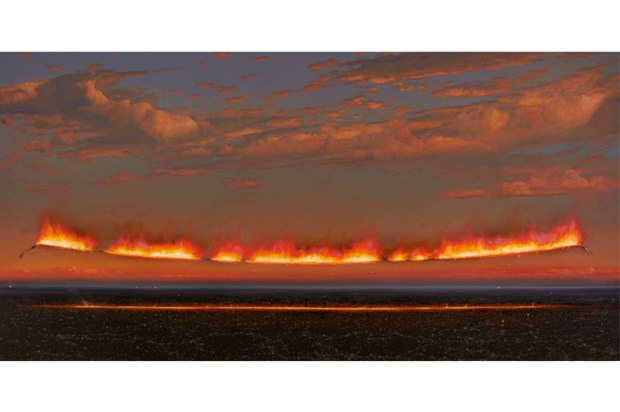
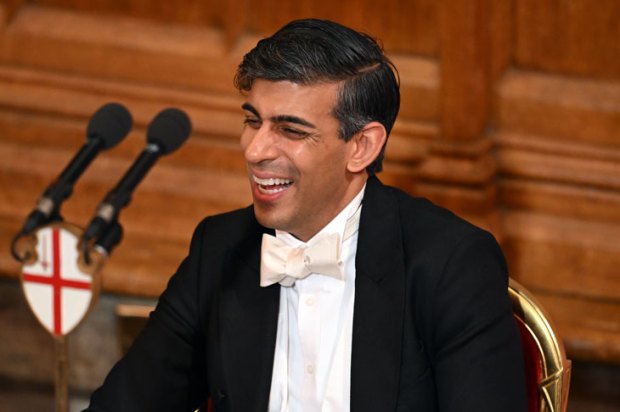
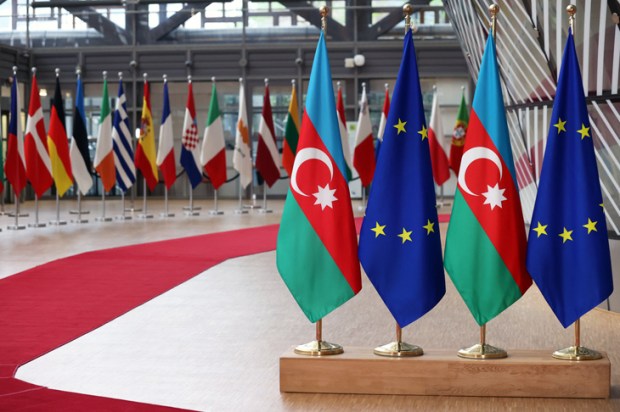
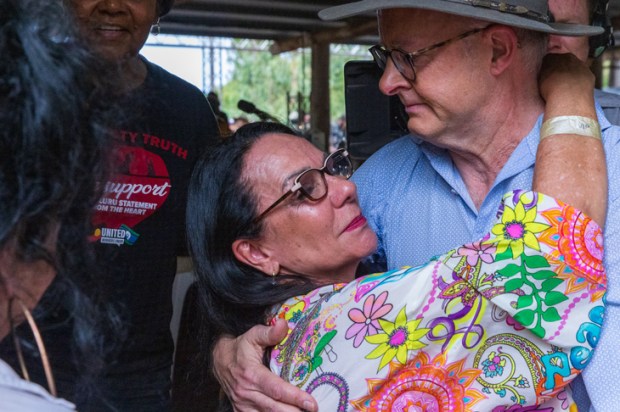
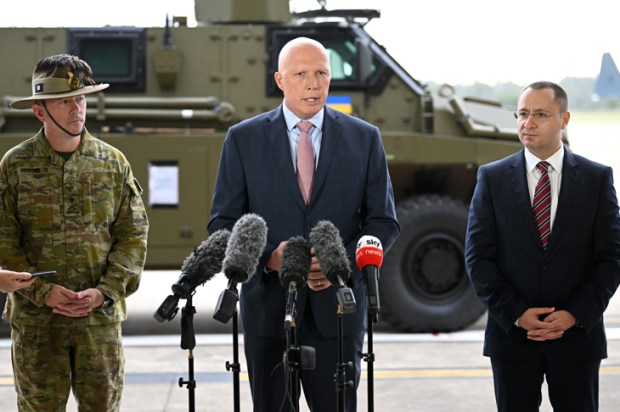






Comments
Don't miss out
Join the conversation with other Spectator Australia readers. Subscribe to leave a comment.
SUBSCRIBEAlready a subscriber? Log in